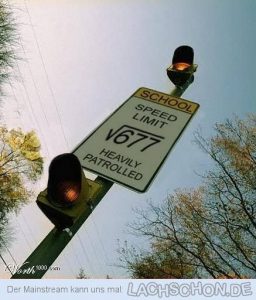
The Importance of Estimation Skills?
(It’s gotta be between 20 & 30 – why?)
© 2024 Larry N. Campbell. Created for free using WordPress and Kubio

(It’s gotta be between 20 & 30 – why?)
CATEGORIES:
Tags:
© 2024 Larry N. Campbell. Created for free using WordPress and Kubio
Comments are closed